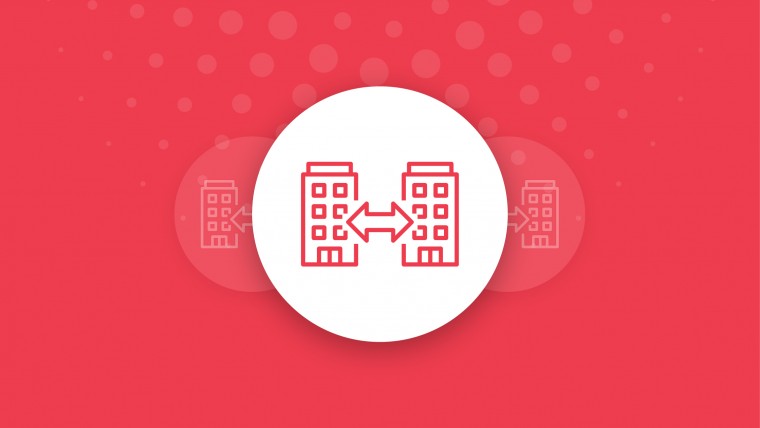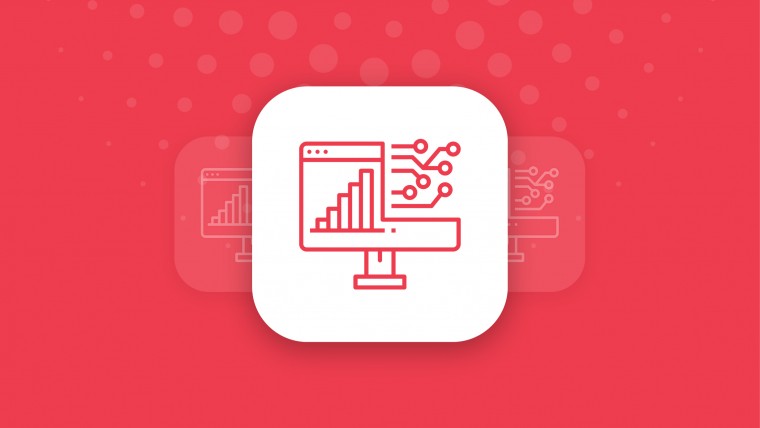When applying for a new position, compensation is almost always at the top of your list. This is understandable especially with the status symbol that a high salary will provide, apart from the obvious bump in your buying capacity.
However, it’s important that you look past the paycheck. It’s easy to equate money with happiness but like any employee who has done the grind will tell you, a thick wallet is not everything. There are so many things to look for in applying for a position to avoid hopping from one job to another.
First off, you need to see the work hours. The time you spend in the office will be the time you miss out at home. Second, you also need to see the company culture and whether it’s aligned with your own. The third is the proximity and the commute, and fourth is the non-cash benefits.
There are so many things to consider, of course, but these are the starting point.
Below are just six things to mull over when taking on a new job:
- Non-cash benefits
Your basic salary may be lower than your peers working in other companies. But this can easily be offset depending on the perks and benefits your new employment offers. Among the examples of benefits are profit sharing, maternity and paternity leave, health care, and a good retirement plan.
- Your co-workers
According to the study by Andrew Naber, a behavioral scientist, a typical individual will spend one-third of his life at work. That’s why it’s important that you like your colleagues, or at the very least tolerate them enough to avoid making your working experience toxic. Take time to know them and bond with them.
- Commute
How much time you spend each day commuting to work will factor into your satisfaction level. If you are waking up at 4 a.m. just so you don’t arrive late while taking on public transport, then it’s time for a change in scenery. Besides, you will be spending a good chunk of your salary on transportation alone if you live far away from the office.
- Tenure
If you find a job you love, you better hope the company is stable enough to guarantee your job security. Before taking on the job, research the company’s history and financial. Read up on the news reports and pay attention to rumors that travel through the grapevine. They can give a glimpse of the real status of the company.
- Great retirement plan
Don’t be afraid to ask the HR about their retirement plan. The package varies from company to company but make sure you can live comfortably once you step down. If you plan on transferring jobs, compare the retirement plan with the current policy in your office.
- Career development
Your career path should be made clear to you at the outset. From your vantage point at your new position, is there a direct line for you to climb up the corporate ladder?
To conclude, and at the risk of contradicting the first paragraph, money does matter. In fact, in the first few years, you can probably ignore some of the issues in the office that nag at you whenever you receive your paycheck. But it’s not what you think. A high salary doesn’t always provide fulfillment if you always compare your salary with your co-workers. Instead, satisfaction comes in the knowledge that you are paid according to what you deserve.








5 Reasons Why Strategic Decision Making Is Most Important In Business Growth
4 Characteristics of high performing transformation teams
Top 10 Tips for Healthy Work-Life Balance
How to Design an Effective Diagnostic Questionnaire?
Should You Become An Independent Consultant?
8 Characteristics of great consultants. Do you have what it takes?
4 Characteristics of high performing transformation teams
Types of Cloud Computing